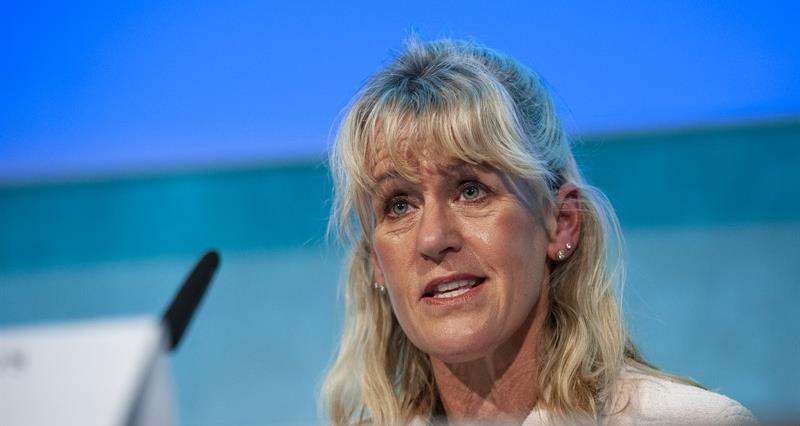Spiralling costs of production faced by farmers and growers have driven down the confidence of people in the industry to the lowest levels since the start of Covid, with almost 90% saying they are being negatively affected by input costs such as energy, fuel and fertiliser.
An NFU survey shows that the phasing out of current farming support payments is negatively impacting farm business confidence with 82% of farmers citing farm support payments as a major cause.
Horticulture, livestock and poultry sectors is having the greatest impact on confidence. The evidence of this was shown on supermarket shelves with shortages of some produce including, eggs, tomatoes, cucumbers and peppers.
Despite the knock to confidence, British farmers’ intention to invest in renewable energy generation and energy efficiency has increased rapidly.
This demonstrates a real ambition to future-proof farm business resilience and reach British farming’s net zero by 2040 target, as well as the importance of energy security to the nation’s food security.
But, the investment needed to increase climate-friendly farming capabilities is being hindered by the low levels of short- and medium-term business confidence.
NFU President Minette Batters said: “It is shocking but not surprising that our farmer confidence survey is reporting the lowest levels in three years. During this time, we have experienced a global pandemic, a war in Europe, tumultuous political change and extreme weather. If this lack of confidence and uncertainty is allowed to continue during such challenging times, it has the potential to lead to further shortages on supermarket shelves.
“We know from experience that low confidence indicates that farmers don’t have the means to invest in their food producing businesses, which could result in little to no growth in our domestic food security at a time when we need it most. It is also at odds with the government’s own plans for growth, and the commitments made by Prime Minister Rishi Sunak last year to support British farming by setting a target for the nation’s food security, with a statutory duty to report on domestic food levels.”
Future farming support is needed, Minette Batters said. “As well as food security, energy security is crucial to our nation, and currently 38% of British farmers are using or producing renewable energy. As an industry we have a huge ambition to increase this but confidence in the future is deterring farmers from making this important investment.
“Farmers need to know that government is supporting them through policies that build profitability and resilience into farm businesses to allow us to unlock a thriving food and farming industry. For this we need to see clarity on future farming support policies, including the Environmental Land Management schemes, which will help farmers plan ahead and build financial resilience into their businesses.”



